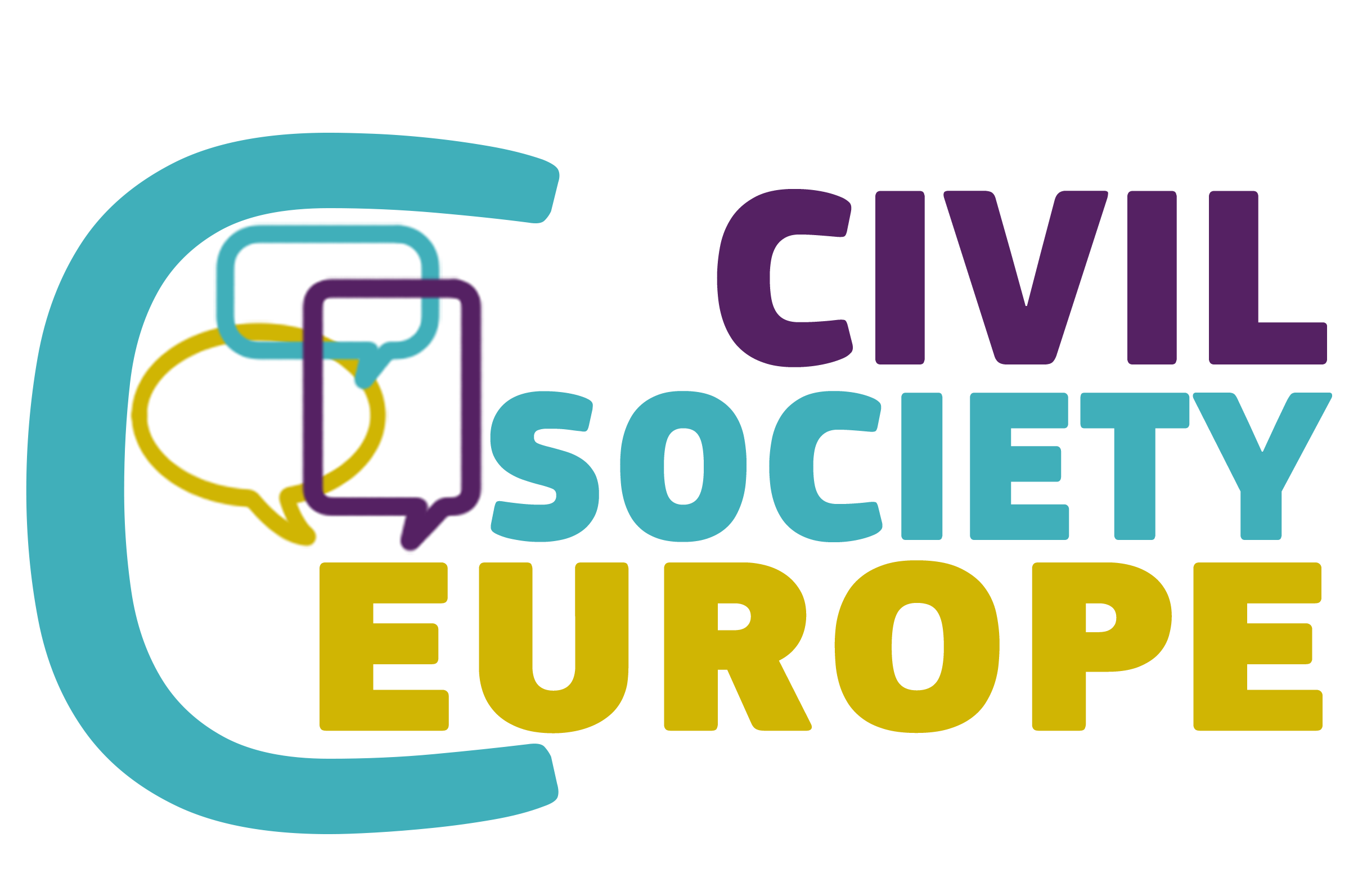Today Civil Society Europe Published a statement in view of the European Parliamentary Debate on EU Financing through the LIFE programme of entities lobbying EU institutions and the need for transparency taking place on 22 January 2025.
As the coordination of civil society organisations (CSOs) representing citizens, we believe that the EU must ensure the conditions for an open public debate on environmental issues, as well as on all other EU policies. The presenters of the upcoming European Parliament Plenary debate on “EU financing through the LIFE programme of entities lobbying EU institutions and the need for transparency” have intentionally caused confusion by reducing activities by NGOs (and other entities) benefiting from an operating grant under the LIFE programme to lobbying. In addition, the title of the debate hints at possible transparency problems in the awarding of funding. Beneficiaries of EU-funded programmes like LIFE and of operating grants do not represent for-profit interests; instead, they represent the voices of citizens. The awarding of operating grants is subject to a competitive procedure involving an external evaluation in line with the objectives of the programme, as defined by the European Parliament and the Council.

Notwithstanding this, we would welcome a debate on measuring the influence of corporate lobbying on the drafting and adoption of EU laws and the real financial means that corporations use to promote their policies, as well as on gaps and lack of implementation of transparency rules, revolving doors issues, and conflict of interests in EU institutions. Membership of EU advisory groups, lobby meetings and the political process are dominated by corporate interests.
The objectives of the LIFE programme foresee the contribution to a just transition towards a sustainable, circular, energy-efficient, renewable energy-based, climate-neutral and resilient economy, and to the protection, restoration and improvement of the quality of the environment, notably through the integration in other policies and programmes. The programme also contributes to the implementation of the United Nations Economic Commission for Europe (UNECE) Convention on Access to Information, Public Participation in Decision-making and Access to Justice in Environmental Matters (more commonly referred to as the ‘Aarhus Convention‘) which the EU is a party to.
Participation in public policymaking on environmental issues, mainstreaming environmental issues, as well as legal action on environmental issues are at the core of the LIFE programme regulation adopted by the European Parliament and the Council. They also form part of international requirements that the EU and its Member States are subject to.
CSOs’ ability to contribute to policy making is also an integral part of international law, specifically the rights to freedom of association and expression, as defined also in the European Convention on Human Rights, the EU Charter of Fundamental Rights, as well as recommendations of the Council of Europe. The Venice Commission’s Joint Guidelines on the Freedom of Association state that “Associations shall have the right to freedom of expression and opinion through their objectives and activities”, and that “Associations shall have the right to participate in matters of political and public debate, regardless of whether the position taken is in accord with government policy or advocates a change in the law”.
According to Article 11 of the Treaty on the European Union, EU institutions must “maintain an open, transparent, and regular dialogue with representative associations and civil society”.
In the context of its proposal for a Defence of Democracy Package (December 2023), the European Commission has issued recommendations for participation in public policymaking to Member States that include support to civil society organisations. This follows the EU Strategy to strengthen the application of the Charter of Fundamental Rights in the EU and the 2022 Annual report on the implementation of the EU Charter of Fundamental Rights focusing on civic space. The European Commission’s annual Rule of Law Reports also highlight the need to ensure that public funding is also directed towards advocacy.
Access to financial resources is a key enabler and component of freedom of association, as confirmed by the UN Special Rapporteur on Rights to Freedom of Peaceful Assembly and Association, as well as the Organisation for Economic Co-operation and Development (OECD), and the Council of Europe. In order to improve EU governance and reinforce citizens’ trust, the European Parliament has advocated since the 1990s in favour of ensuring support to European networks of civil society organisations, so as to channel the views of civil society and representative associations (of citizens) and to ensure a balance with economic interests and the views of corporations.
Civil society organisations’ contributions stemming from citizens on general interest issues are important, particularly for the European Parliament to be able to do its work. Such proposals, whether they are supportive or critical of an EU policy, are crucial to acquire a comprehensive view of the issues at stake, the possible consequences on the ground or on specific groups, and what worries people living across the EU. They are an indispensable element for members of the European Parliament and other EU institutions to reach informed decisions on different matters. This is particularly relevant in areas such as trade policy which are EU competences and on which the European Parliament plays an important scrutiny role.
The real issues at stake in this debate are preventing undue influence and policy capture by corporations and avoiding scenarios in which policies aimed at ensuring the EU and its population’s long-term prosperity and well-being are sacrificed for shortsighted gains and for-profit objectives. It is also about defending our democracy and the adherence of the European institutions to the rule of law.
Download here our statement

